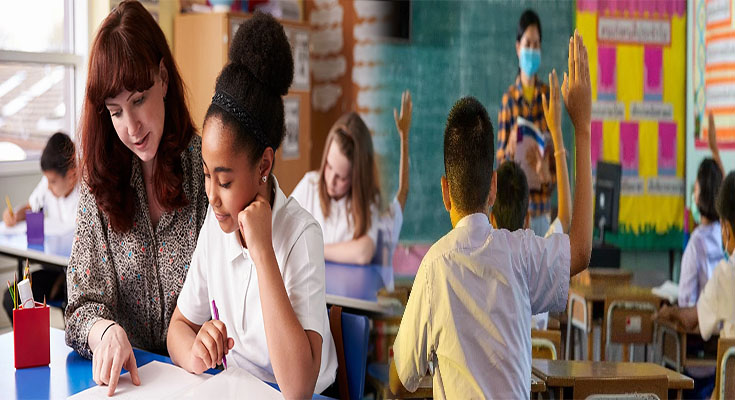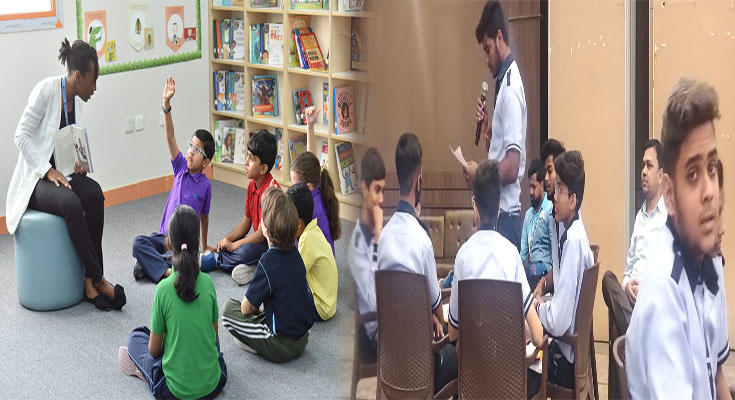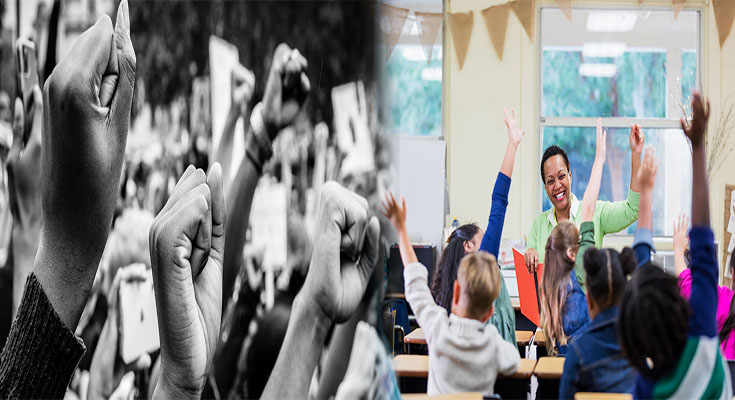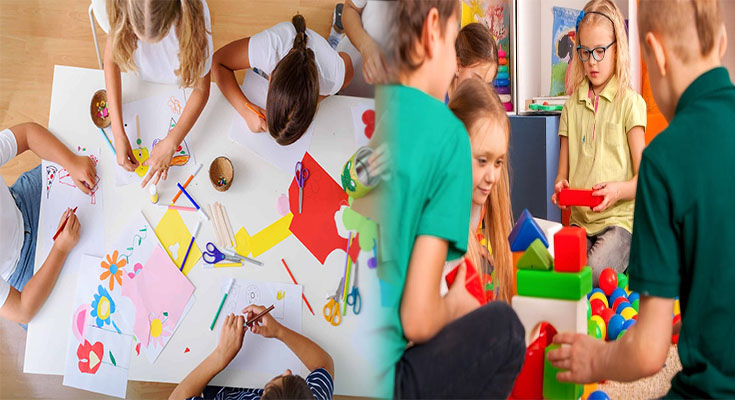
Luxury Travel Planning Services for Discerning Clients
When it comes to travel, some individuals seek more than just a standard vacation experience. They desire a journey filled with exclusivity, opulence, and personalized attention to detail. For discerning clients who value luxury and refinement, there are specialized travel planning services available to ensure their every need is met. Here, we explore luxury travel planning services that cater to the desires of the most discerning clients:
1. Customized Itineraries Tailored to Individual Preferences
Luxury travel planning services excel in crafting bespoke itineraries that are personalized to the interests and preferences of their clients. Whether it’s top-tier accommodations, exclusive tours and experiences, or private transportation, every aspect of the trip is meticulously curated to provide an unforgettable luxury travel experience.
2. VIP Access and Experiences
Discerning clients often crave access to exclusive events, private tours, and behind-the-scenes encounters that are not readily available to the general public. Luxury travel planning …
Luxury Travel Planning Services for Discerning Clients Read More




